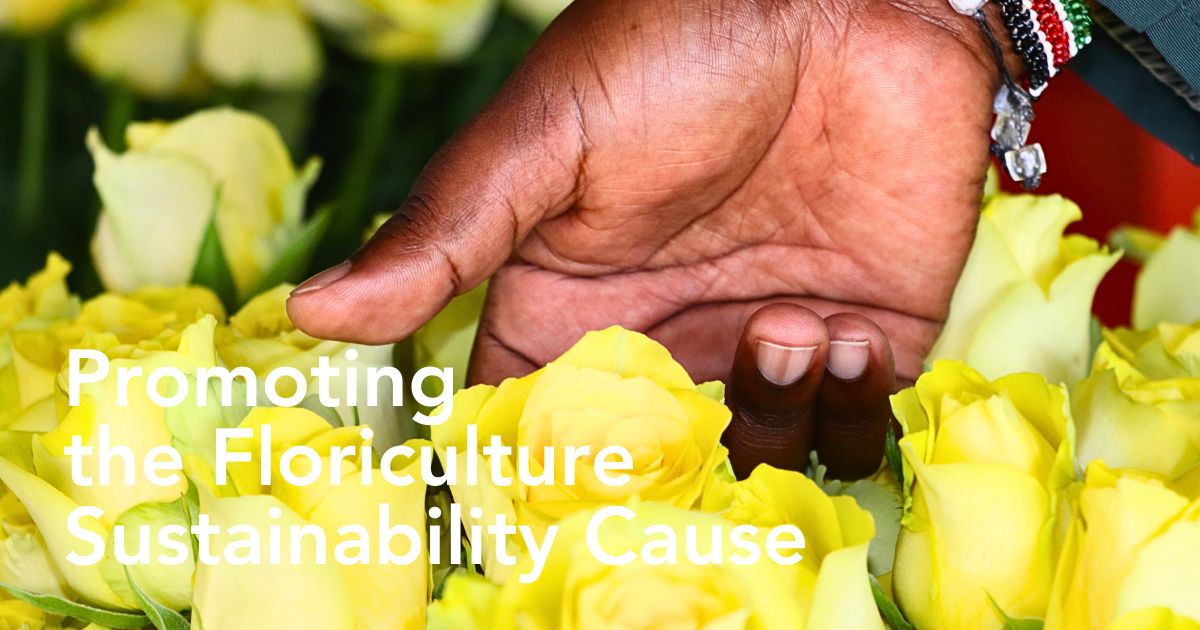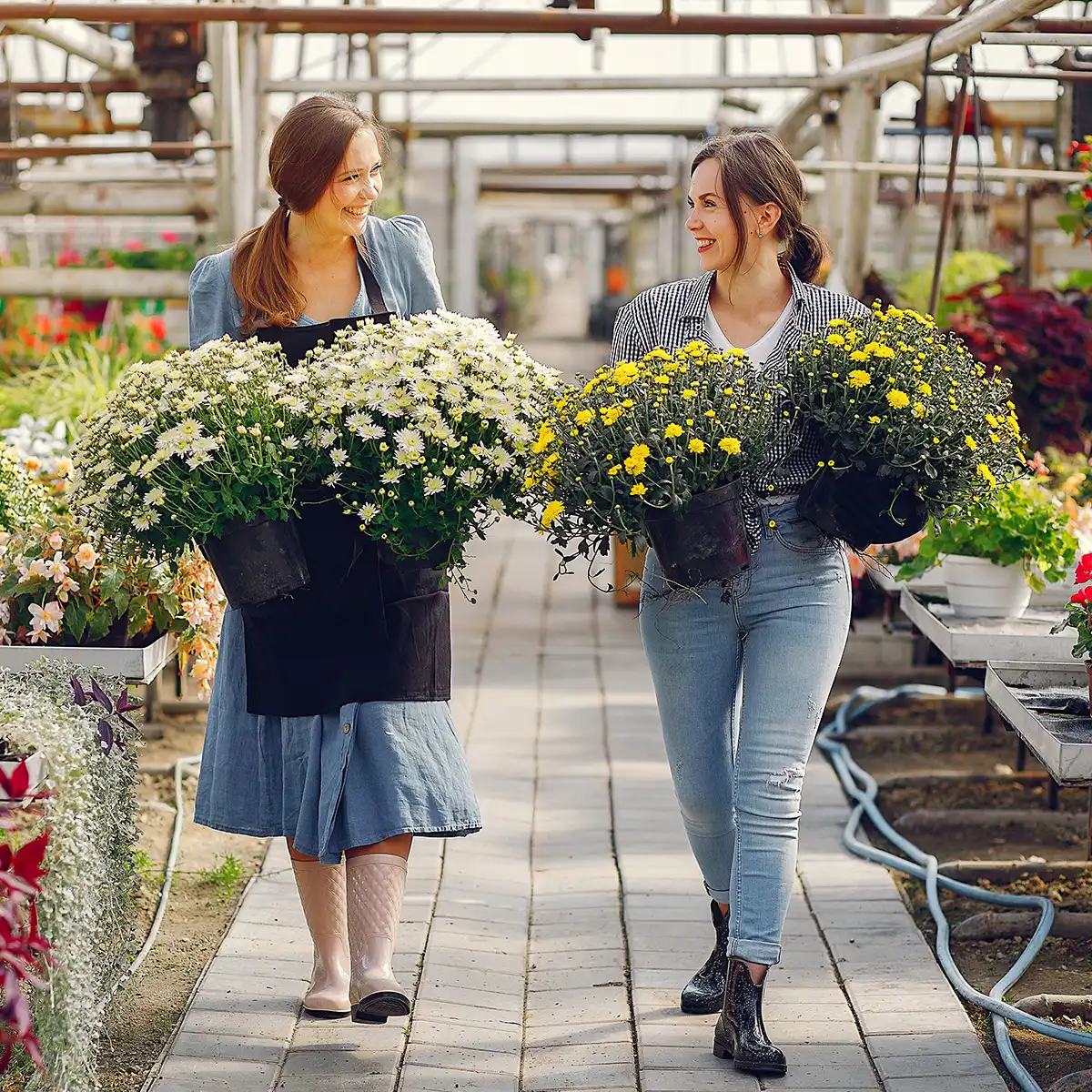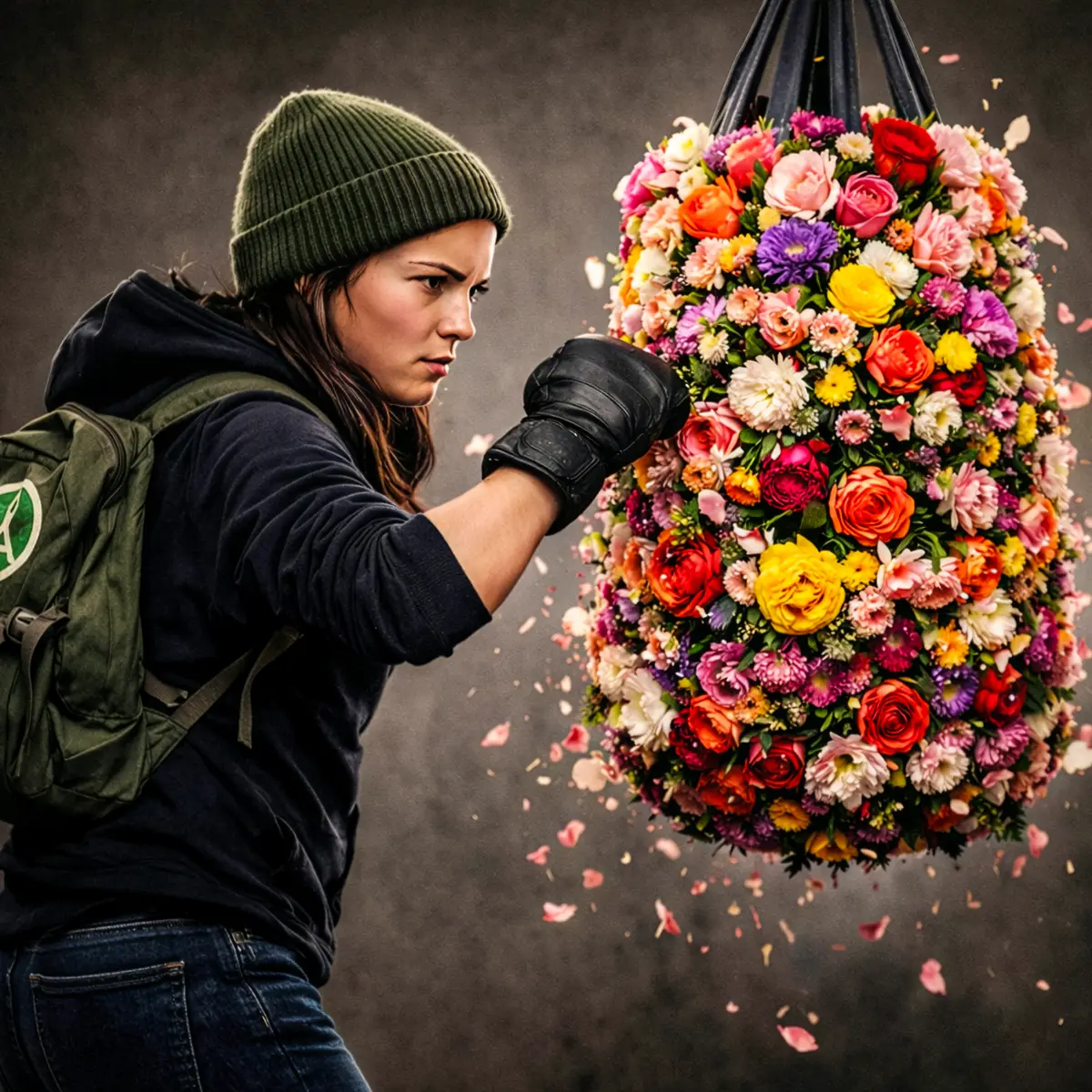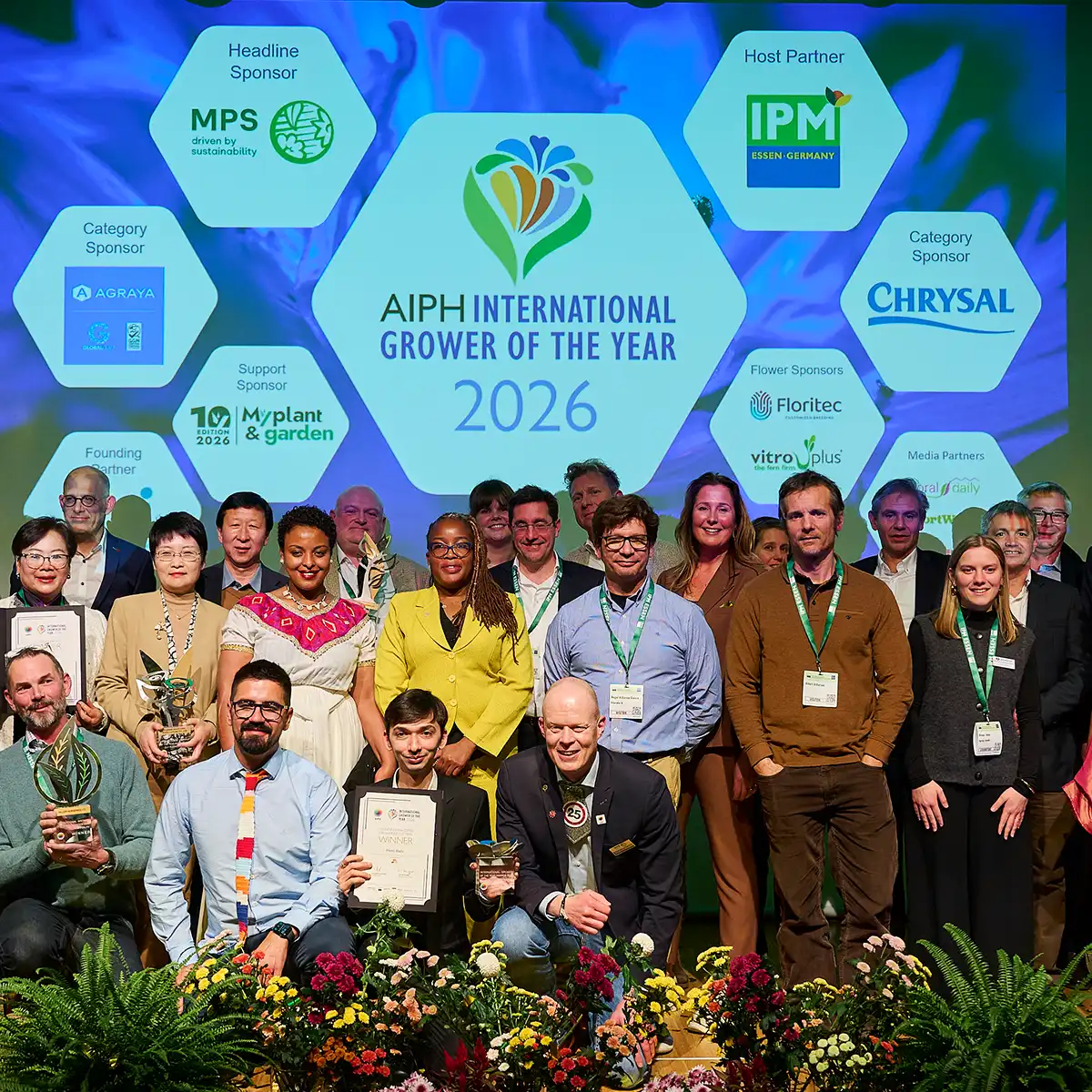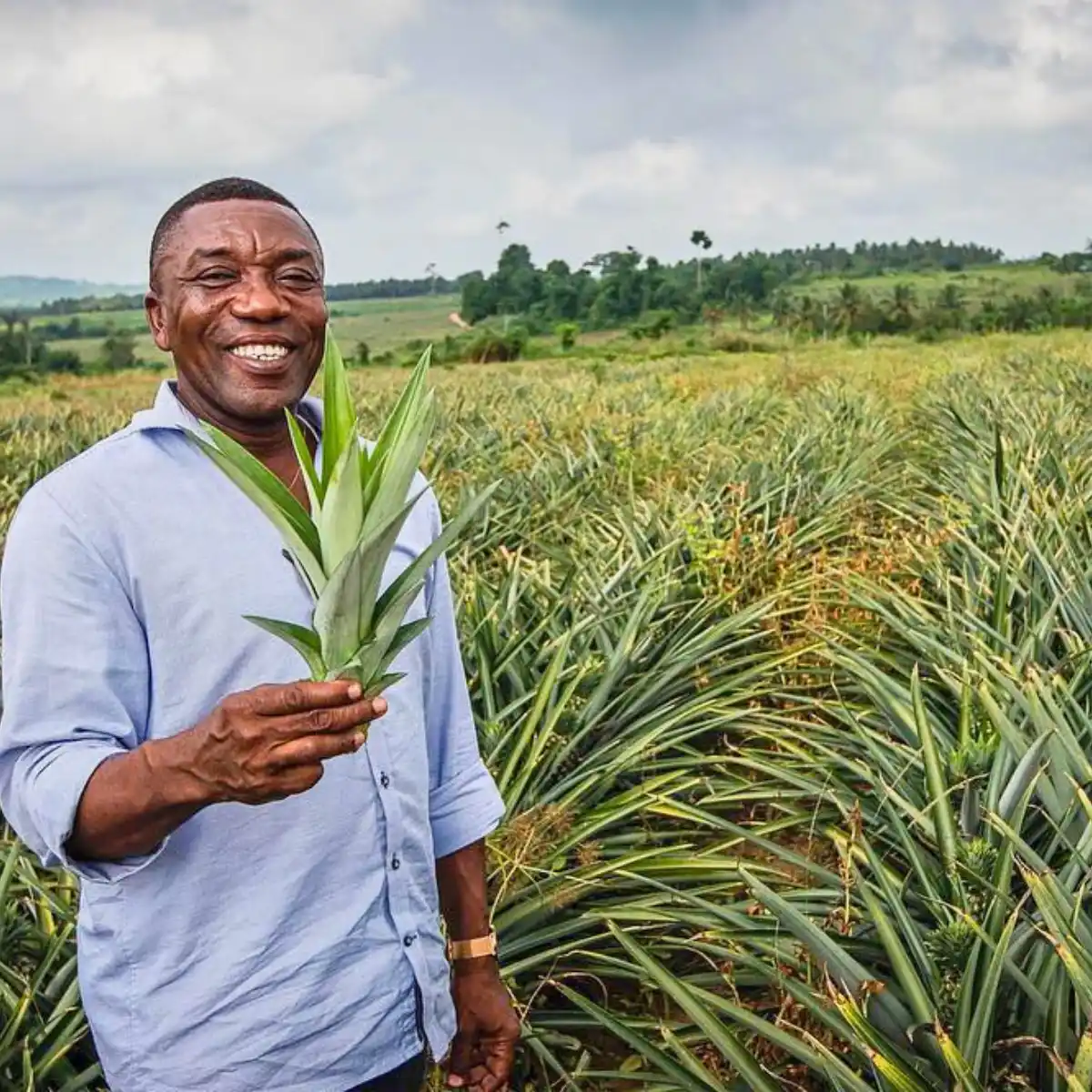The Kenyan flower industry is a global powerhouse. It is renowned for its high-quality roses, Chrysanthemums, carnations, and many more. The Kenya Flower Council (KFC), an organization that has been instrumental in shaping the industry’s growth, sustainability, and global competitiveness, has since its establishment in 1996, been championing Kenyan flowers. The institution has been setting globally recognized standards for sustainability, worker welfare, and environmental protection. And, today, as the industry continues to face both evolving challenges and opportunities, KFC continues to lead the charge in promoting sustainable floriculture and strengthening Kenya’s position as a key player in the global flower industry, and market. Here’s how.
Committing to Sustainability and Floriculture Excellence
With nearly 130 farms certified under the KFC Silver Standard, or FairTrade, KFC has been pushing for sustainable practices within the floriculture industry through its certifications and best floriculture practices. The organization ensures that Kenyan flower producers adhere to the stringent sustainability and social responsibility requirements.
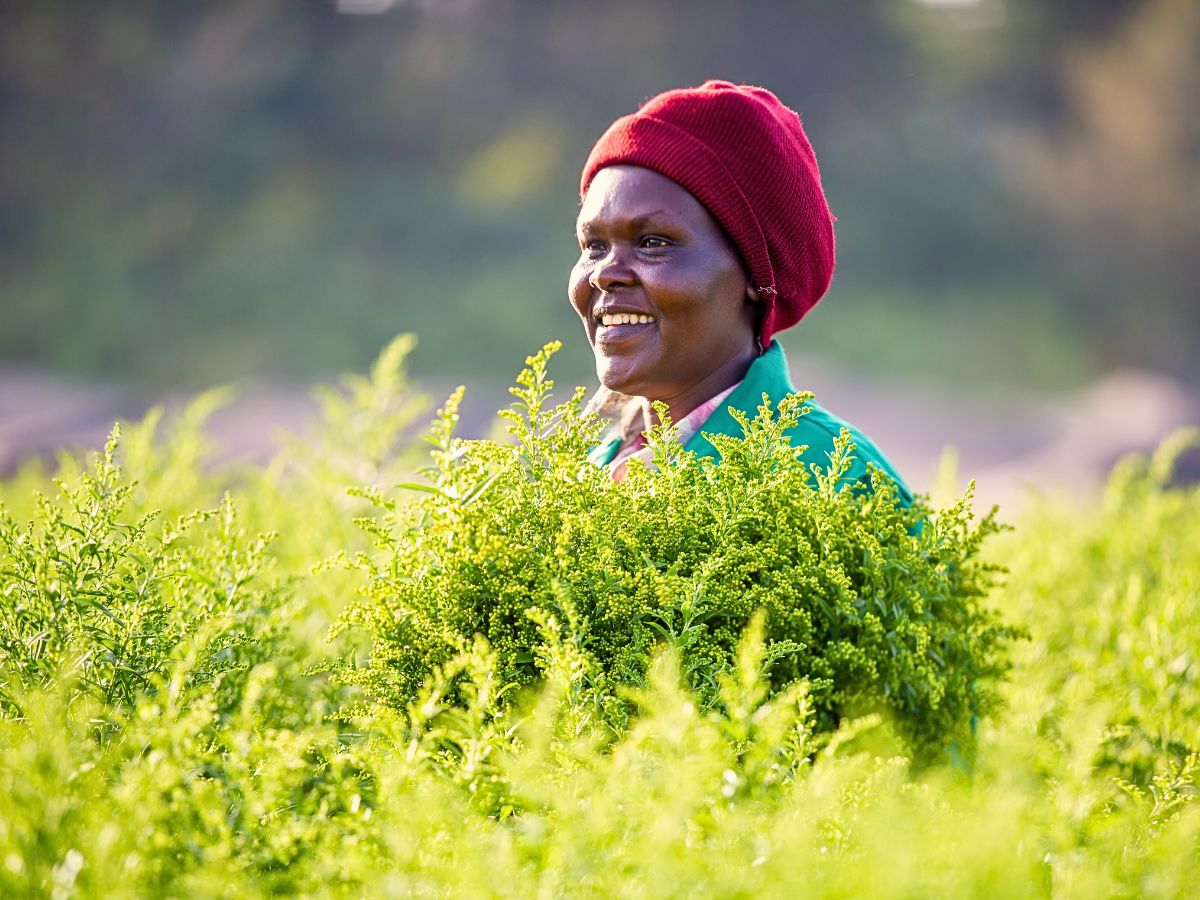
The certifications that KFC presents cover a wide range of criteria, including environmental protection, worker welfare, and ethical business practices. Plus, through its embedding of the requirements of other certifications, like Milieu Programma Sierteelt (MPS), within its framework, KFC provides—and guarantees—a comprehensive approach to sustainability that aligns with international floriculture standards.
The KFC Silver Certification, for instance, has achieved significant recognition within the Floriculture Sustainability Initiative’s (FSI) Basket of Standards. It emphasizes Kenya’s flower industry’s keenness on sustainable practices and positions Kenyan flowers as a preferred choice for environmentally conscious consumers. Over the past several years, the Kenyan floriculture industry has, as a result, gone through a remarkable transformation. Significant, and even more investments have, accordingly, been directed toward the essentials of sustainable floriculture such as improving worker conditions, protecting the environment, and ensuring the industry’s long-term sustainability.
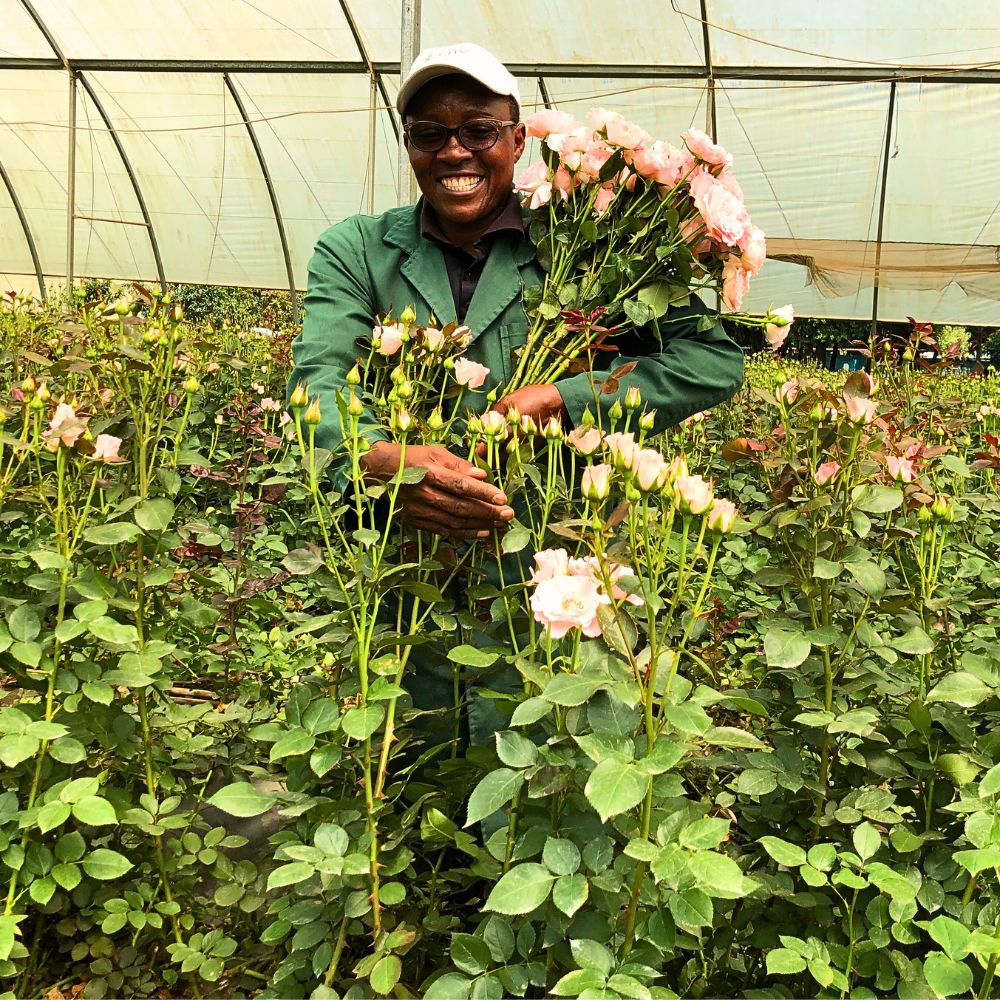
Collaborating With International Stakeholders to Promote Higher Environmental and Social Standards
KFC's focus on sustainability has, also, been evident in its proactive approach to addressing environmental and social challenges within the floriculture sector. The organization actively collaborates with international stakeholders to promote higher environmental and social standards. A more recent example of this is KFC’s support for the decision by the French Agency for Food, Environmental, and Occupational Health and Safety (ANSES) to investigate pesticide exposure among floriculture professionals. This, without a doubt, helps improve safety standards across the industry.
The initiative, according to KFC, represents a key step toward greater transparency and accountability in the global flower industry. And, Kenya remains eager to play a leading role in this journey, as the values and ambitions of this East African country’s general floriculture industry align closely with the goals of the ANSES study. KFC believes that the findings of this study will lead to meaningful, actionable outcomes that benefit all stakeholders; from breeders, growers, and other players in the flower value chain, up to the consumers.
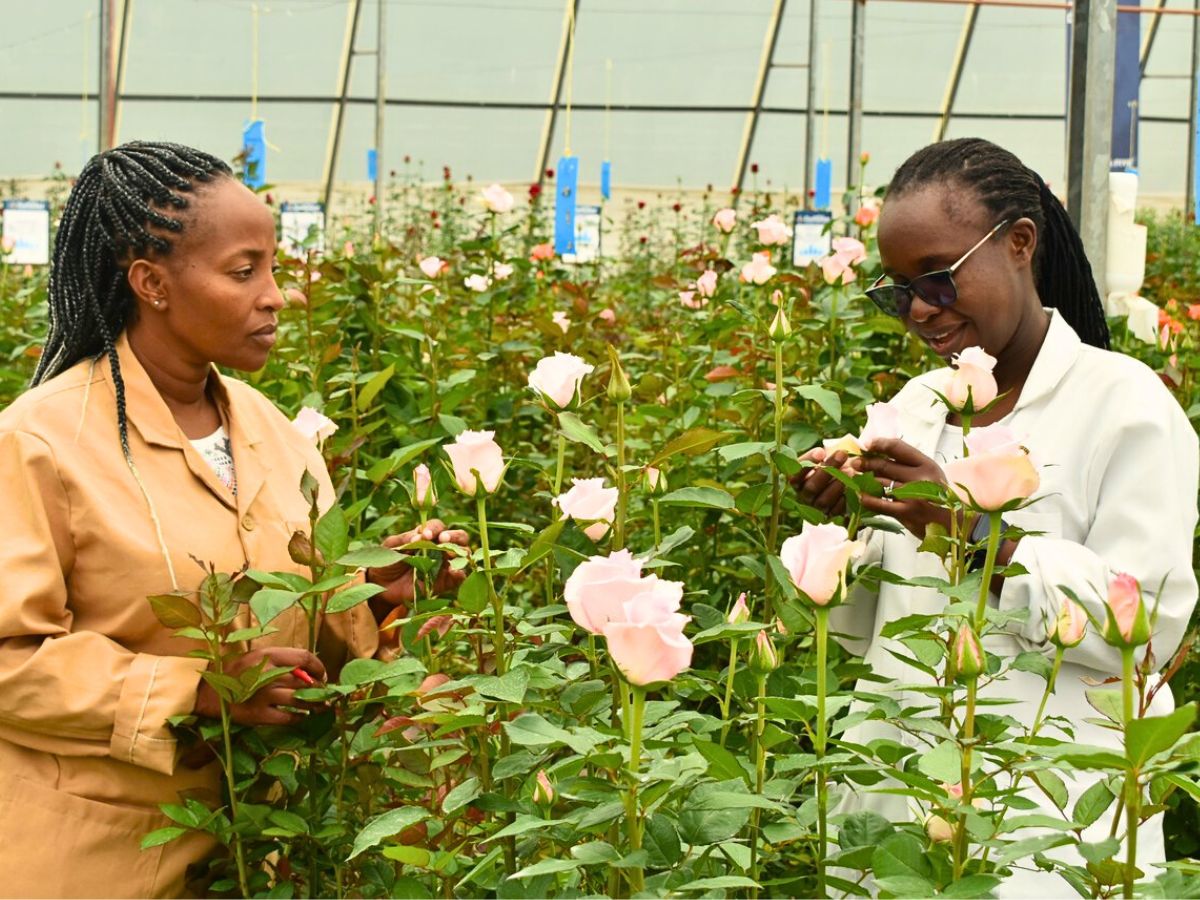
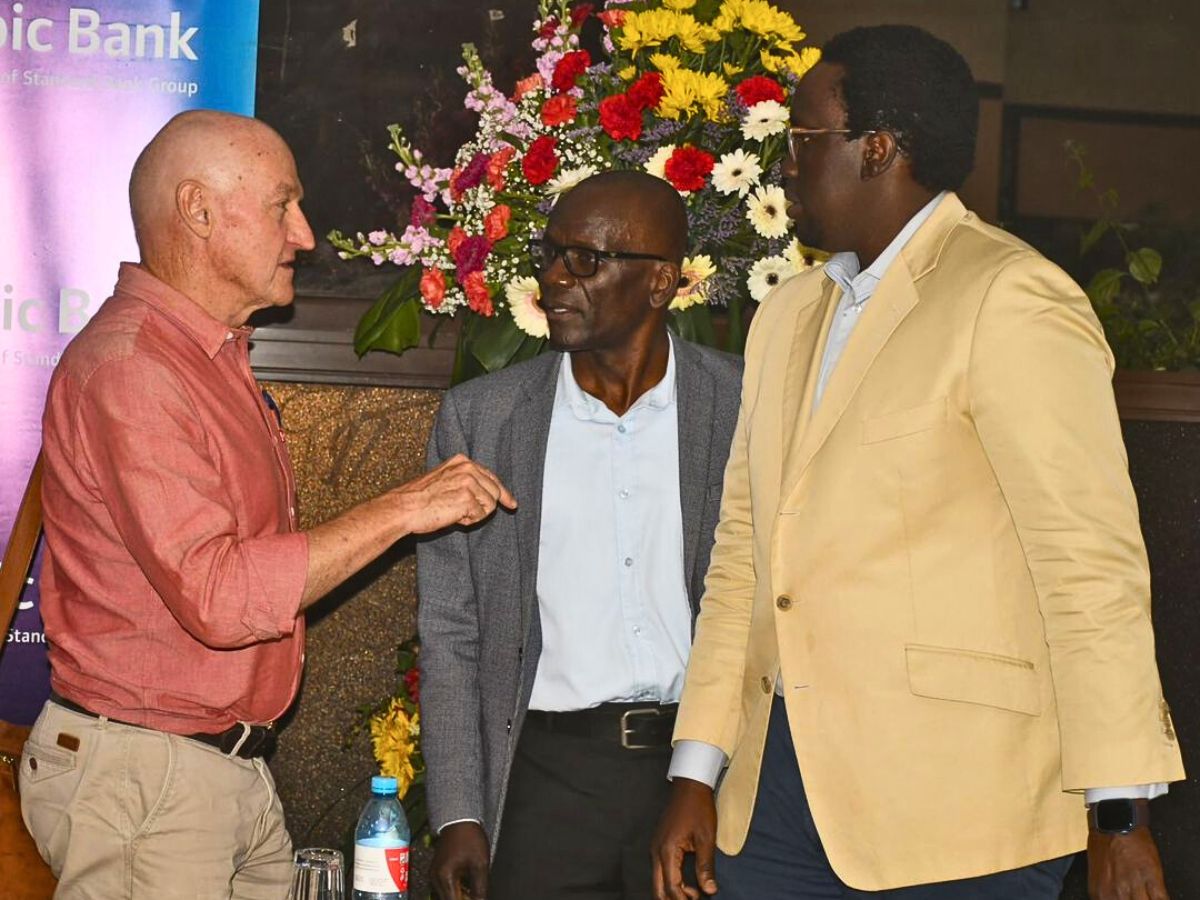
In the words of Clement Tulezi, the CEO of KFC:
“We also emphasize the critical role that logistics providers, wholesalers, and retailers must play in this journey. Florists, as the trusted link between growers and consumers, are uniquely positioned to champion sustainable flowers and enhance public confidence in the cut flower sector. Strengthening this trust is not just beneficial—it is essential for the continued success of the industry. Essentially, Kenya remains committed to demonstrating that its flowers are not only beautiful but also responsibly grown and ethically produced. We look forward to engaging with ANSES, industry stakeholders, and policymakers to ensure the findings of this study lead to meaningful, actionable outcomes for all.”
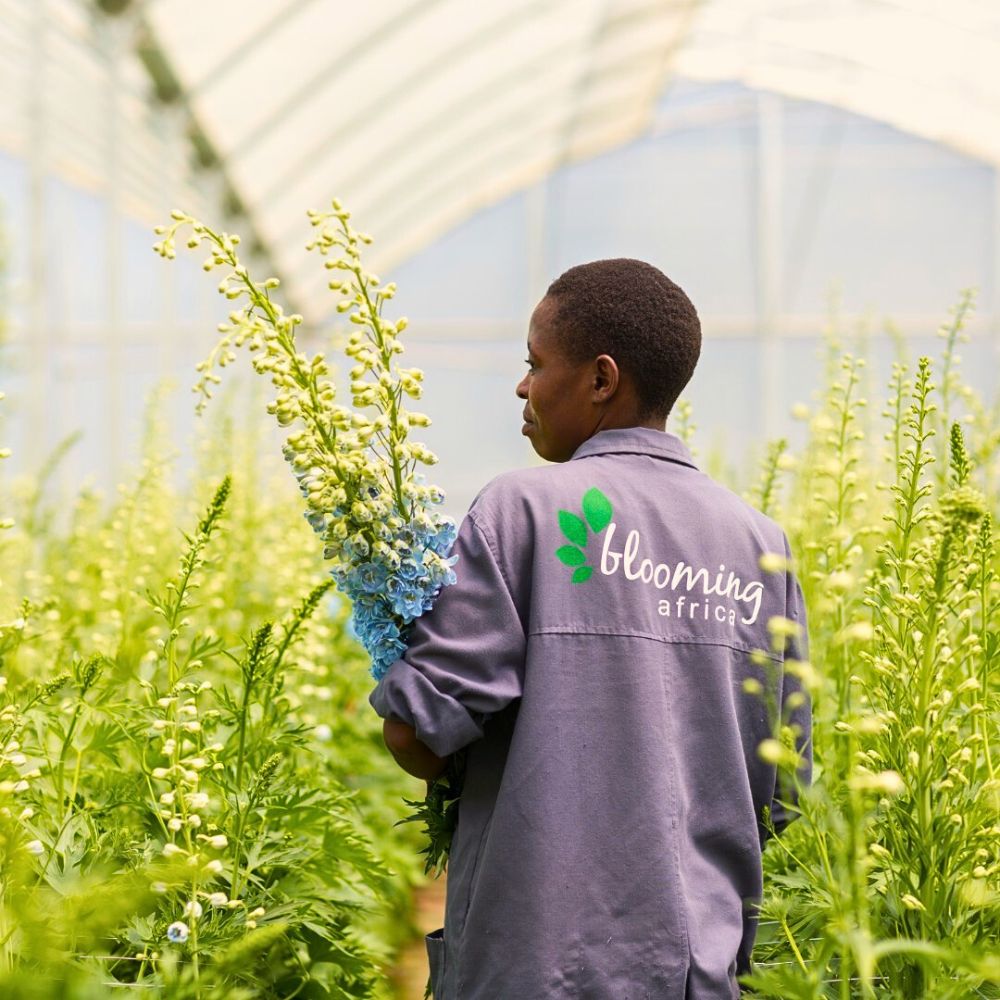
Also, this initiative, KFC notes in a statement, not only highlights the progress made but also the importance of continuous improvement in sustainable floriculture practices. And, that in its engagement with ANSES, industry stakeholders, and policymakers, the umbrella body for Kenya’s flower industry stakeholders aims to contribute to the development of global standards that promote sustainability and ethical practices in floriculture. Even more, KFC notes that while it has focused its resources on producer-oriented initiatives, it acknowledges that more must be done to communicate the strides that it has thus far made on the global stage.
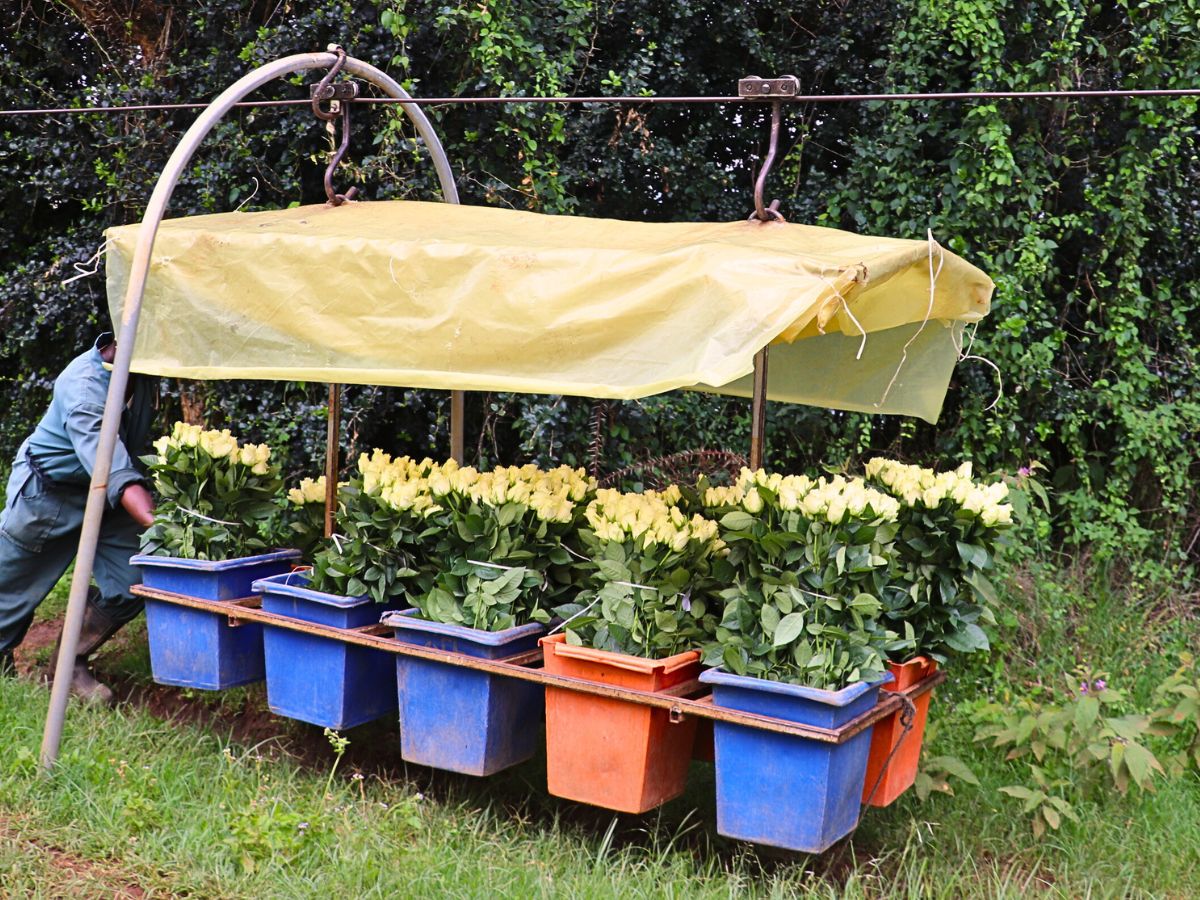
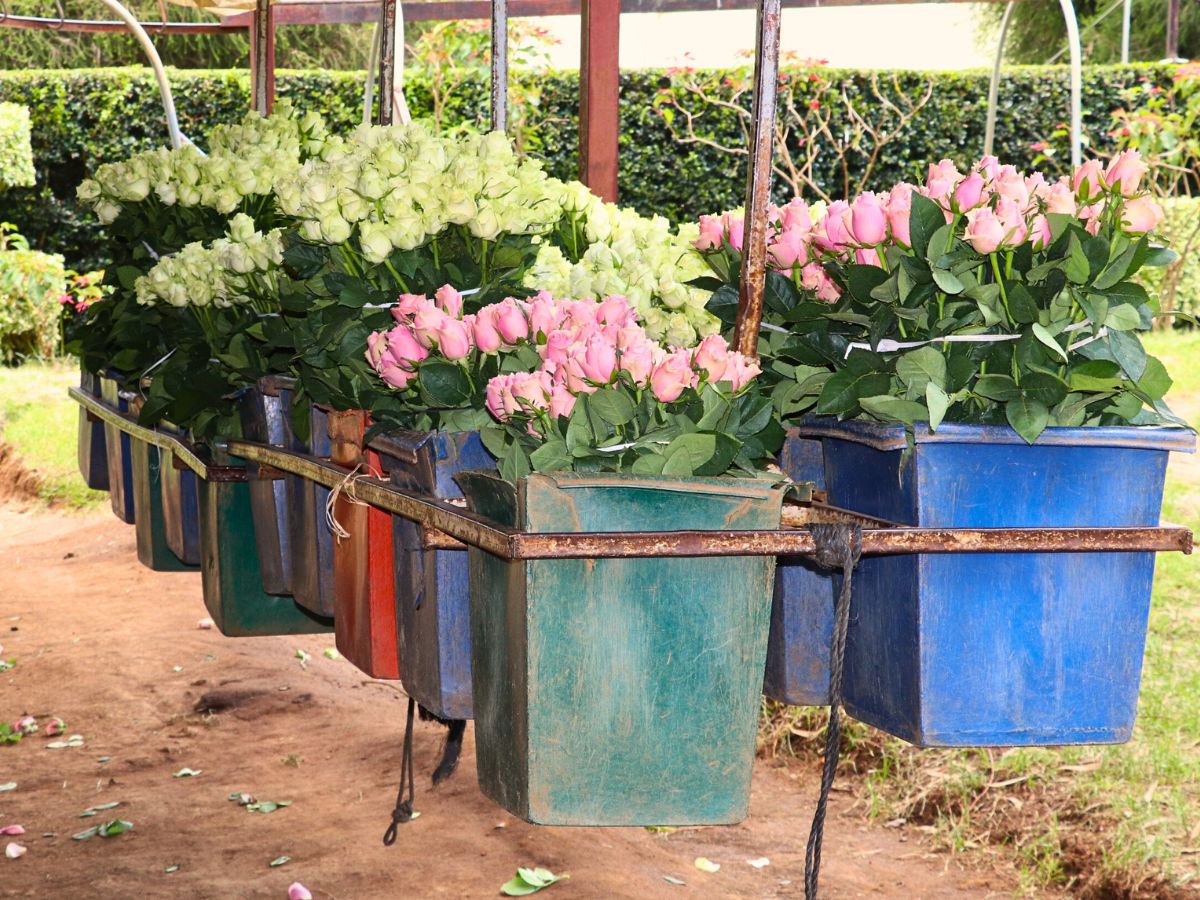
A Social Media Campaign to Promote Kenyan Flowers
As a result, from February 1 to February 14, 2025, the institution has been running a social media campaign dubbed #14DaysOfFlowers to promote the Kenyan flower industry and highlight its commitment to sustainability. The campaign, timed to coincide with Valentine’s Day—a peak season for flower sales—aims to raise awareness about the beauty and sustainability of Kenyan flowers. A similar campaign was organized at just about the same time in 2024, and there have, previously, been even more. Through engaging content, including banners, infographics, and informational tidbits, these campaigns by KFC seek to connect with consumers and encourage them to choose Kenyan flowers.
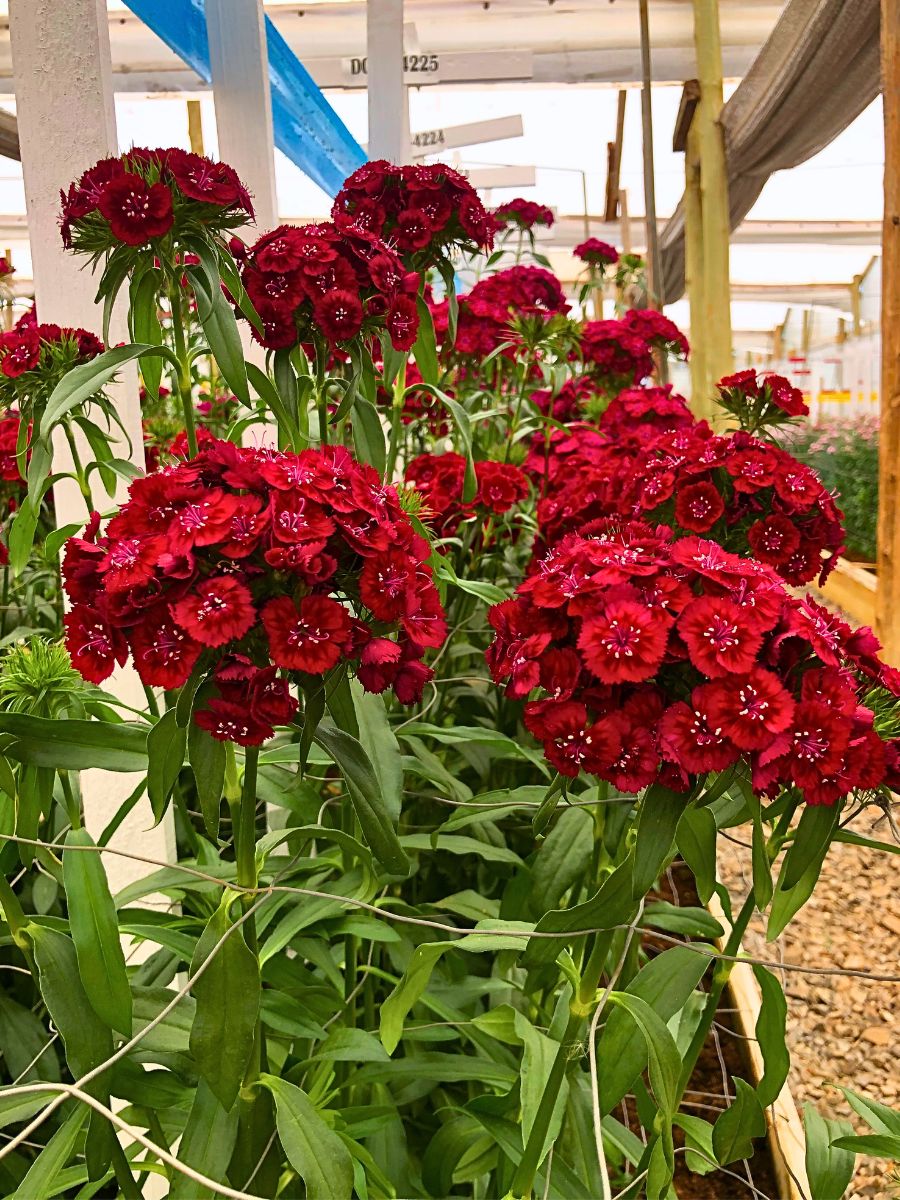
This campaign serves multiple purposes. It creates and raises awareness by leveraging the power of social media platforms, to educate consumers about the importance of choosing sustainably produced flowers. It encourages buyers to consider not only the beauty of flowers but also their environmental impact. It, also, seeks to engage the different stakeholders in the floriculture supply chain, including logistics providers, wholesalers, retailers, and florists; building working collaborations among these groups, to create a unified front that advocates for sustainable floriculture practices.
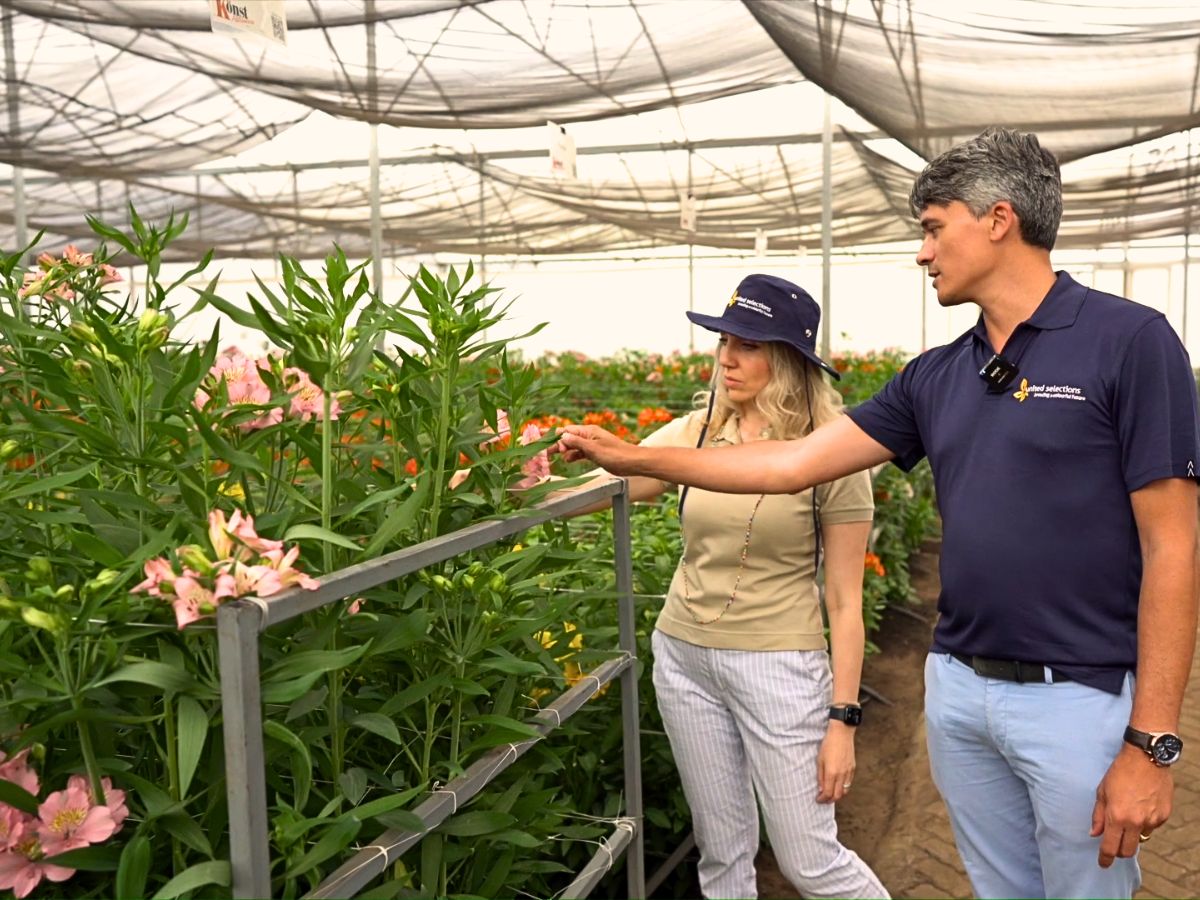
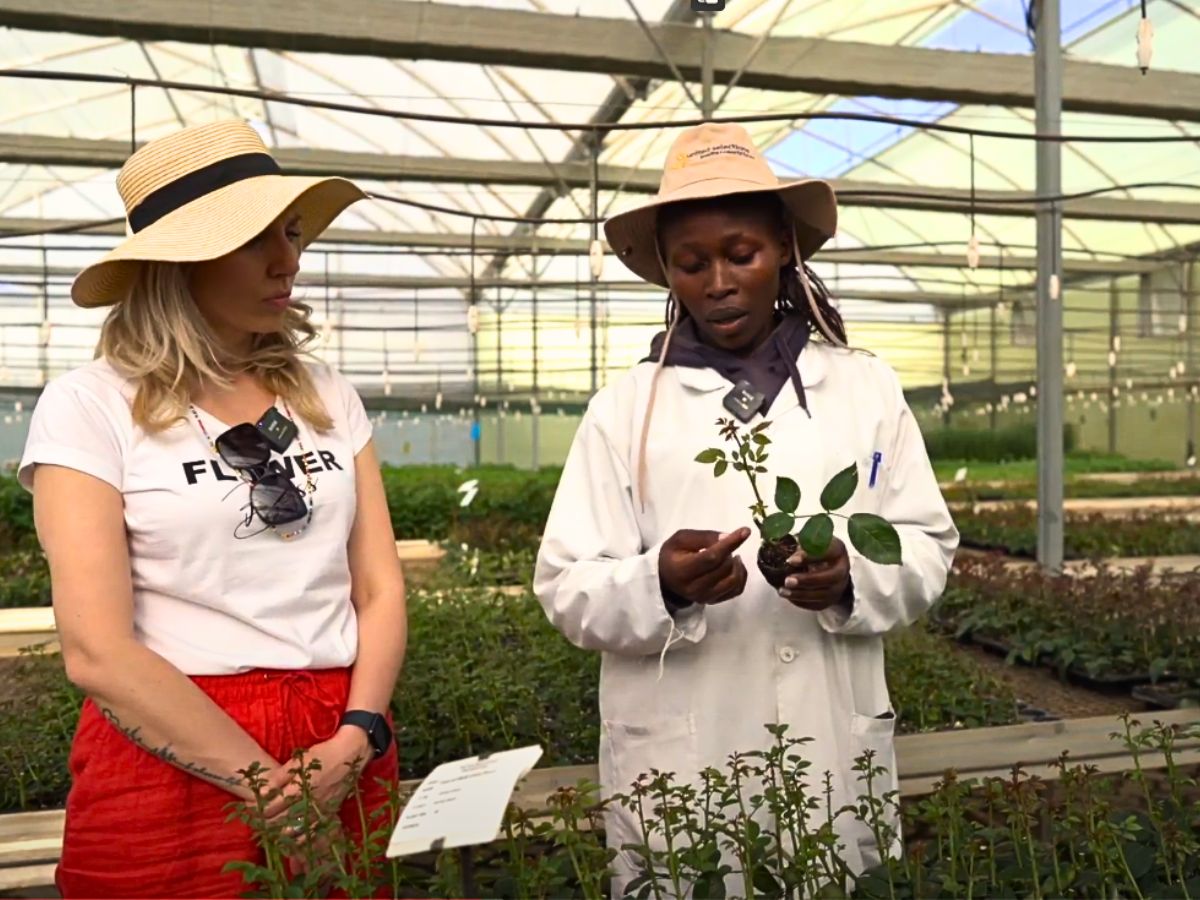
Another key focus of this campaign is to promote the KFC FOSS Silver Certification, which not only assures consumers of responsible production but also incentivizes growers to adopt sustainable practices that benefit both workers and the environment. This, in the end, helps build consumer trust, as it champions the use of sustainable flowers which the country is known for. Moreover, florists play a key role as intermediaries between growers and consumers, and in this case, with the input of the campaign, they can enhance the consumers’ confidence in the cut flower industry.
What is even more, consumers, too, have an important role to play. They can, for their part, make informed choices and opt for sustainably grown flowers. This conscious decision will drive the demand for responsible floriculture practices and contribute to the long-term success of the industry. The campaign, therefore, aims to empower consumers with the knowledge they need to make these important decisions and choices and celebrate the beauty of Kenyan flowers with a clear conscience.
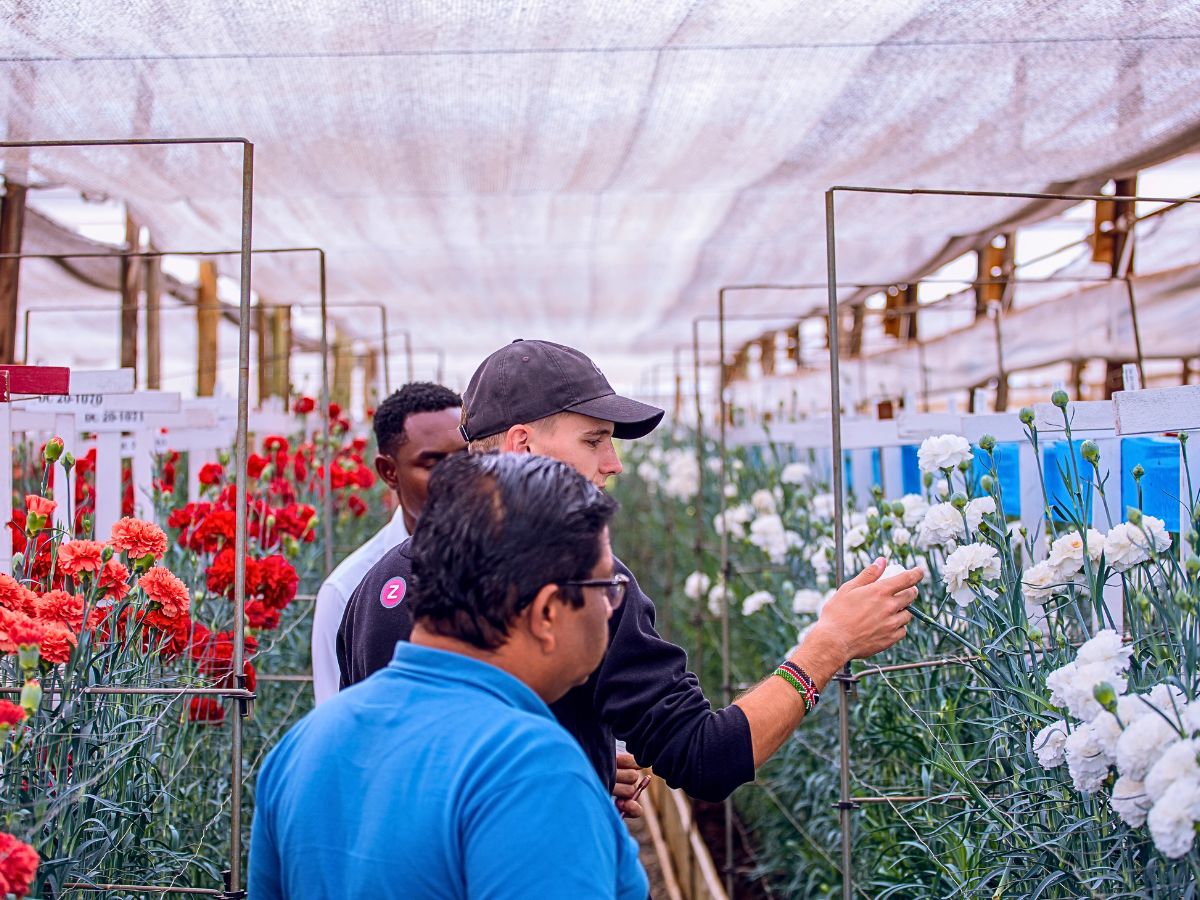
While this campaign is intended to emphasize the importance of sustainability in floriculture, showcasing the efforts of KFC-certified farms to protect the environment and support their communities, its use of social media, makes it a certainty that it will reach a global audience and strengthen the demand for Kenyan flowers. Its overall message, also, remains clear: When you choose Kenyan flowers, you are not only getting a beautiful product but also supporting a sustainable and ethical industry. You can, therefore, follow the campaign every day through its social pages.
Feature image by Marginpar.

